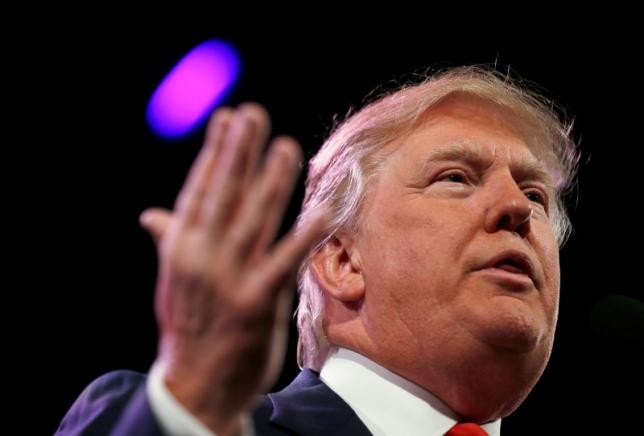Chinese netizens are up in arms over the Nobel Peace Prize nomination of U.S. businessman and Republican Party presidential candidate Donald Trump because of his statements on Muslims, immigrants and China, as reported by the Global Times.
The nomination has revived the negative outlook that Chinese people have toward the prize and its authority.
According to a copy of the letter of nomination that was received by Nobel watcher Kristian Berg Harpviken, director of the Peace Research Institute of Oslo, Trump deserves the prize for "his vigorous peace through strength ideology used as a deterrence against radical Islam, ISIS, nuclear Iran and Communist China," said a Monday report by the AFP.
Trump has attracted a lot of international condemnation in recent months for controversial proposals like a ban on Muslims entering the U.S.
Harpviken said an anonymous U.S. nominator had proposed Trump as a candidate of the prize. However, he did not list Trump among those who were in the running to win, according to a report by Reuters.
According to a report by the AFP, thousands of people are allowed to nominate for the prize, including members of parliament, government ministers, former laureates and selected university professors.
Chinese netizens have expressed their doubts regarding the significance of the prize due to Trump's nomination.
"The Nobel Peace Prize is increasingly like the Golden Raspberry Awards," wrote a netizen named cointek on Sina Weibo on Thursday. The Golden Raspberry Award or Razzies is given to the worst film and cinematic performances in the U.S., countering the Oscars.
"The peace prize is the least significant among all the Nobel prizes," said a netizen that goes by the username MessiBeans.
This marks the latest round of criticism from the Chinese against the Nobel Peace Prize.
Previously, Chinese citizens opposed the awarding of the prize to Chinese activist Liu Xiaobo, who was sentenced to 11 years in prison in 2009 for trying to overthrow the government. According to a 2010 poll, six out of 10 Chinese people believed the Nobel Committee should withdraw the prize and apologize for the decision.
In 1989, the Dalai Lama was awarded the Nobel Peace Prize. This was met with opposition from China, where the Tibetan spiritual leader is seen as a separatist.



























